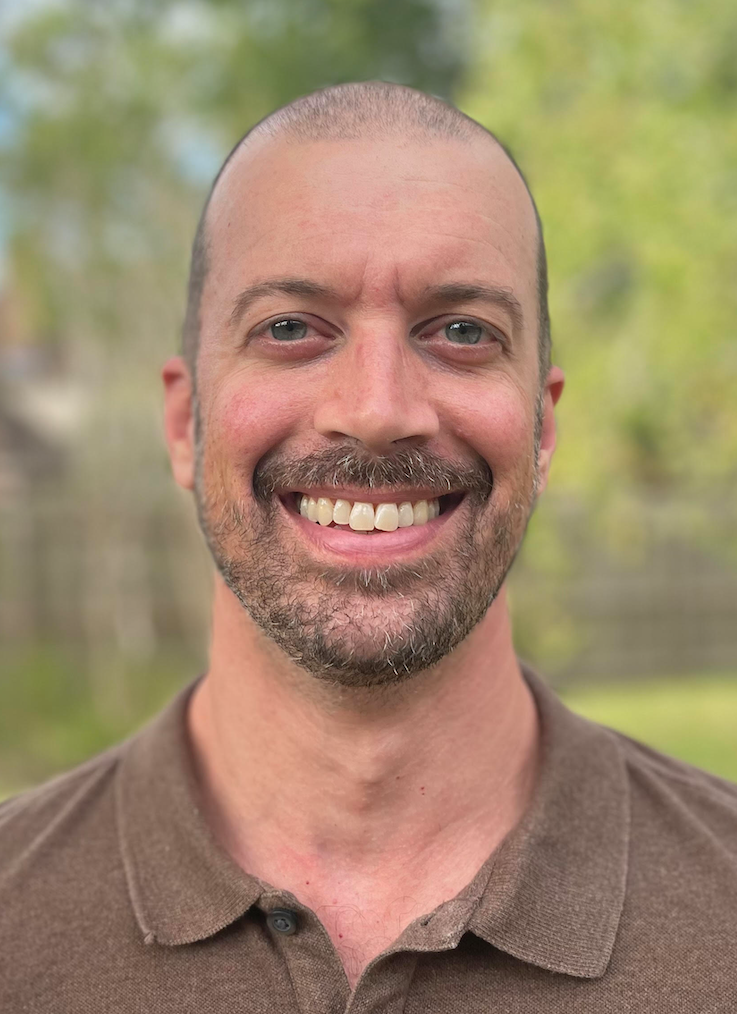People struggling with drug addiction and alcohol abuse often experience high levels of shame and guilt. This shame and guilt comes from doing things while we were using that we normally wouldn’t do. To some, even the fact of being physically dependent on a substance is enough to create high levels of guilt and shame. To others the memories of hurt loved ones, lies told, or actions taken to get and use drugs weigh heavily on our minds.
Studies have shown there is a correlation between experiencing guilt and shame and continuing to do the behaviors that cause those feelings1. It is termed “the Shame Spiral.” Further studies have shown that women may experience this spiral when abusing drugs and alcohol more significantly than men.2
Often the feelings we experience after using drugs or while we’re using them are so awful that the only way to get rid of them, even if it’s for a brief moment, is to continue to use drugs. This causes more feelings of shame and guilt, which in turn causes us to seek anything that will relieve those feelings. And on and on. The feelings of shame and guilt growing bigger and bigger along with the addiction.
This cycle may impact women more significantly. Due to cultural expectations, norms, family roles, or stigma, women experience the Shame Spiral much more than men. Even in recovery, the memories and awareness of our actions in addiction can bring about feelings of guilt and shame. However there are ways for women to break the Shame Spiral and heal from not only addiction but also from the feelings of guilt and shame.
- Seek help – At Bay Area Recovery Center we have a whole facility dedicated to women’s recovery. It is run and operated by an all-female staff who have significant periods in recovery themselves and know how to overcome feelings of guilt and shame. Surrounding yourself with sober people who understand you and support you through your pain is vital to recovery. Recovery happens in community. There are people here who have used like you, thought like you, felt like you, and have come out the other side into sustained recovery.
- Forgive yourself – There is a lot of healing that takes place in recovery and from doing the 12 Steps. Along the way we start to learn how to forgive ourselves for what we have done. This happens because as the Big Book of Alcoholics Anonymous says, “No matter how far down the scale we have gone, we will see how our experience can benefit others. That feeling of uselessness and self-pity will disappear.” (pg. 84, 4th edition).
Experiencing feelings of shame and guilt, and then overcoming them through active recovery shows women they can be a benefit to other women still struggling in the Shame Spiral.
- Find a “New You” – The process of recovery from drug addiction and alcoholism allows us to redefine ourselves. Instead of focusing on and identifying with our mistakes and shame, we develop a new identity built spiritual principles on our usefulness to others. By putting principles like honesty, hope, willingness, forgiveness, and courage into practical application we begin to form a new perspective about life. We are able to start to move forward.
Shame and guilt are powerful emotions. They can keep us stuck in a painful spiral where they drive us to drink and use, and then make us feel even more shame and guilt because we continue to drink and use. Women are especially vulnerable to this spiral because of cultural roles in the family and societal pressures. But there is a way out. Bay Area Recovery Center’s women’s facility has the experience and staff necessary to help transform your guilt and shame into usefulness and connection.
If your’e ready to break the cycle and free yourself from the shame and guilt associated with addiction, contact Bay Area Recovery Center today.
- https://www.ncbi.nlm.nih.gov/pmc/articles/PMC8932605/
- https://pubmed.ncbi.nlm.nih.gov/7884834/
